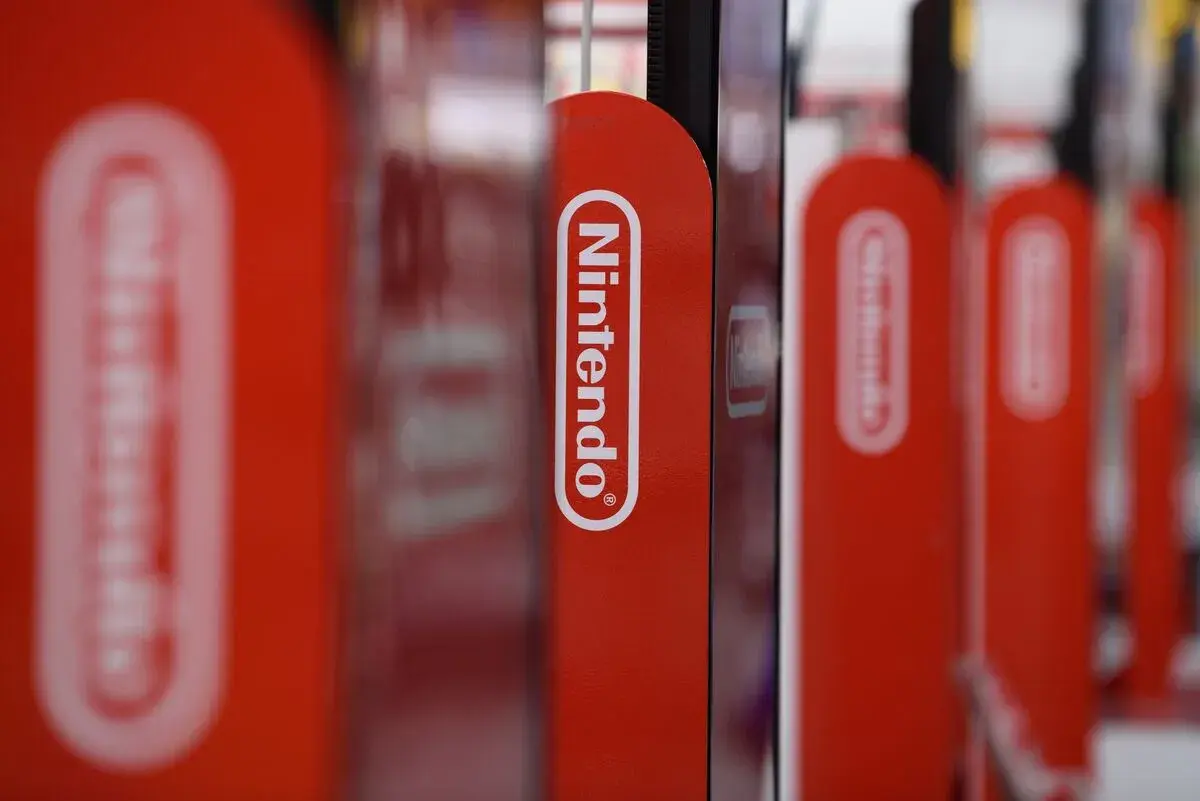

As I have gotten more and more exhausted with modern social media, I have contemplated building my own simple website (think neocities), but have been hesitant to put much of myself out as I do not want to feed the AI slop machines.
Nepenthes is encouraging since I could see it being able to protect text in a way “glazing” (ie Nightshade) cannot.
Hopefully AI companies cannot sidestep this as easily as ROBOTS.txt…














I don’t have a full picture idea yet, but I would probably upload art/ projects/ WIPs. I also was considering adding writings, but I’m not sure if there would be enough there to have a section for writings.
I definitely don’t have as much to share as others, but I would like to see the Internet become a less centralized space.
An author I follow on Bluesky has been talking about neocities a lot and it seems pretty silly and fun. You probably need to be signed in to view this, but you can see her talk about the process here.